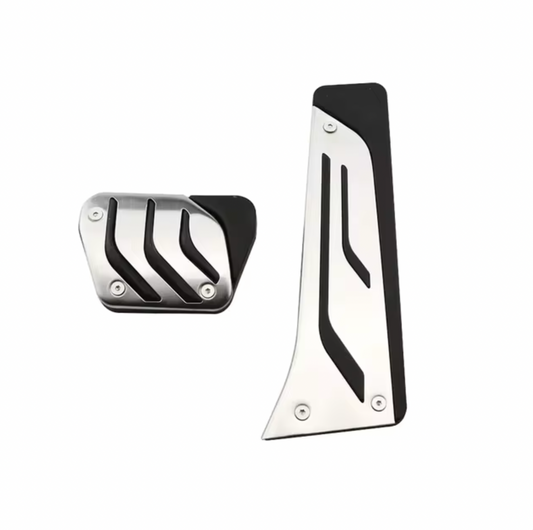How to Choose the Best Oil for your BMW: Complete Guide to Keep your Engine in Optimal Condition
Selecting the best oil for your BMW is essential to ensure the performance and longevity of your engine. In this guide, we'll explore the key factors you should consider and specific recommendations for different BMW models.
1. Understand the Manufacturer's Specifications
The first step in choosing the right oil is to review your BMW owner's manual. BMW recommends oils that meet certain specifications, such as BMW Longlife-01 , Longlife-04 , and Longlife-12 . Using the wrong oil can void your engine warranty and affect engine performance.
What Do the Specifications Mean?
The specifications mentioned correspond to rigorous testing and approvals by BMW. For example, BMW Longlife-01 is designed for gasoline engines of models manufactured up to 2018, while BMW Longlife-04 is suitable for both diesel and gasoline engines.
2. Types of Oil: Synthetic vs. Semi synthetic
The choice between synthetic and semi-synthetic oil is also crucial. Synthetic oil offers better protection, greater resistance to high temperatures and better performance in cold climates. On the other hand, semi-synthetic oil may be sufficient for older models or for drivers with less demanding driving habits.
- Advantages of Synthetic Oil: Better lubrication, high thermal resistance, greater durability.
- Advantages of Semi-Synthetic Oil: More economical, suitable for less demanding engines.
3. Viscosity Degree
The viscosity grade, indicated by numbers such as 5W-30 or 10W-60 , is another important aspect. For most BMWs, 5W-30 is a popular choice due to its balance in various weather conditions. However, some high-performance models may require a different grade.
Tip: Always check your owner's manual for specific viscosity grade recommendations.
4. Oils with Additives
Some oils come with additional additives that offer extra benefits, such as better engine cleanliness and reduced friction. However, it is essential to ensure that these additives are compatible with BMW specifications.
Are Additives Worth It?
Additives can be beneficial, especially in high mileage vehicles or under extreme driving conditions. But you should always choose BMW-approved products.
5. Regular Oil Changes
Even the best oil needs to be changed regularly. Following BMW's recommended maintenance schedule is vital to keeping your engine in optimal condition.
- Tip: Don't skimp on quality. Investing in good oil can save you costly repairs in the long run.
- Check the Oil Level: Perform periodic checks on the level and condition of the oil.
Conclusion
Choosing the best oil for your BMW may seem complicated, but by following the manufacturer's guidelines and the recommendations mentioned above, you can ensure that your engine stays in the best possible condition. A good oil not only preserves the life of the engine, but also improves the performance and efficiency of your BMW.













